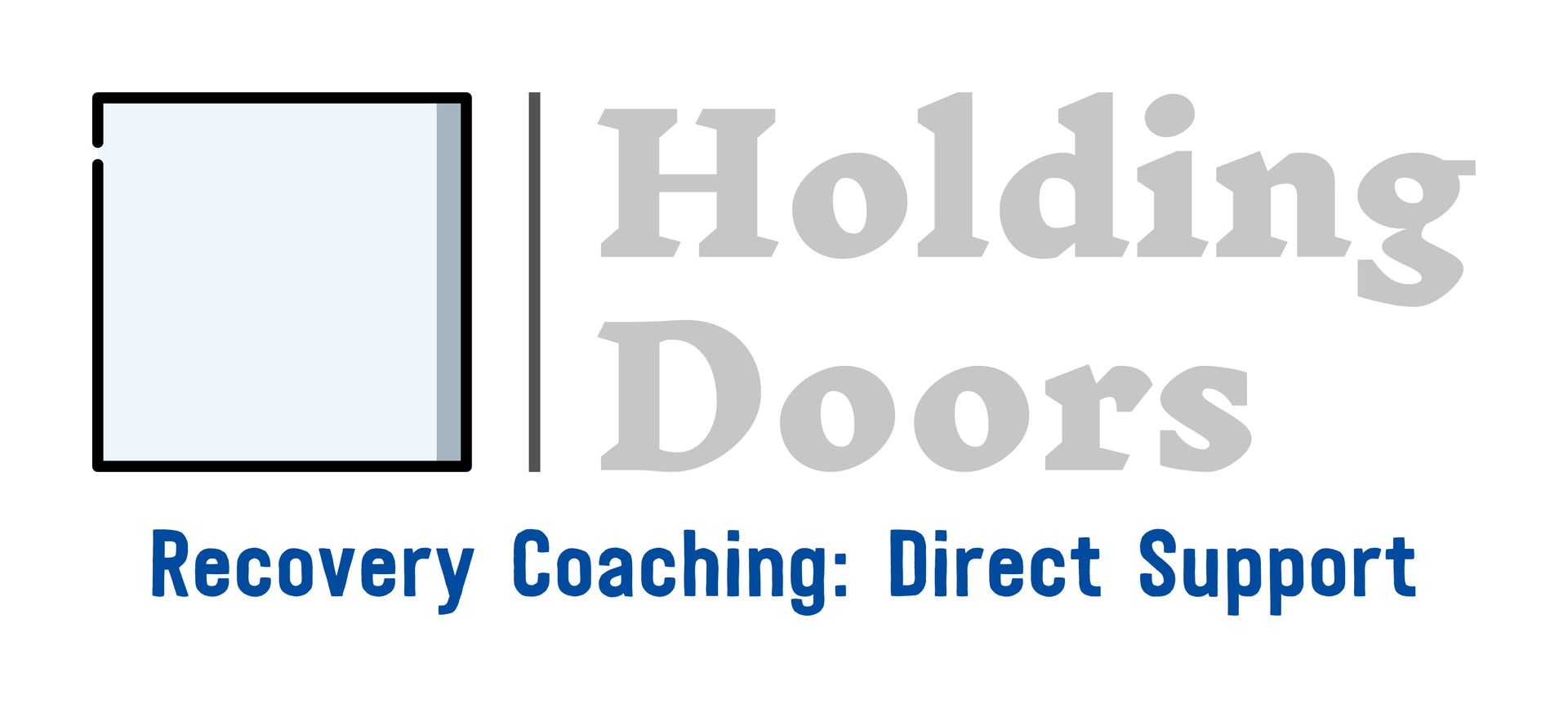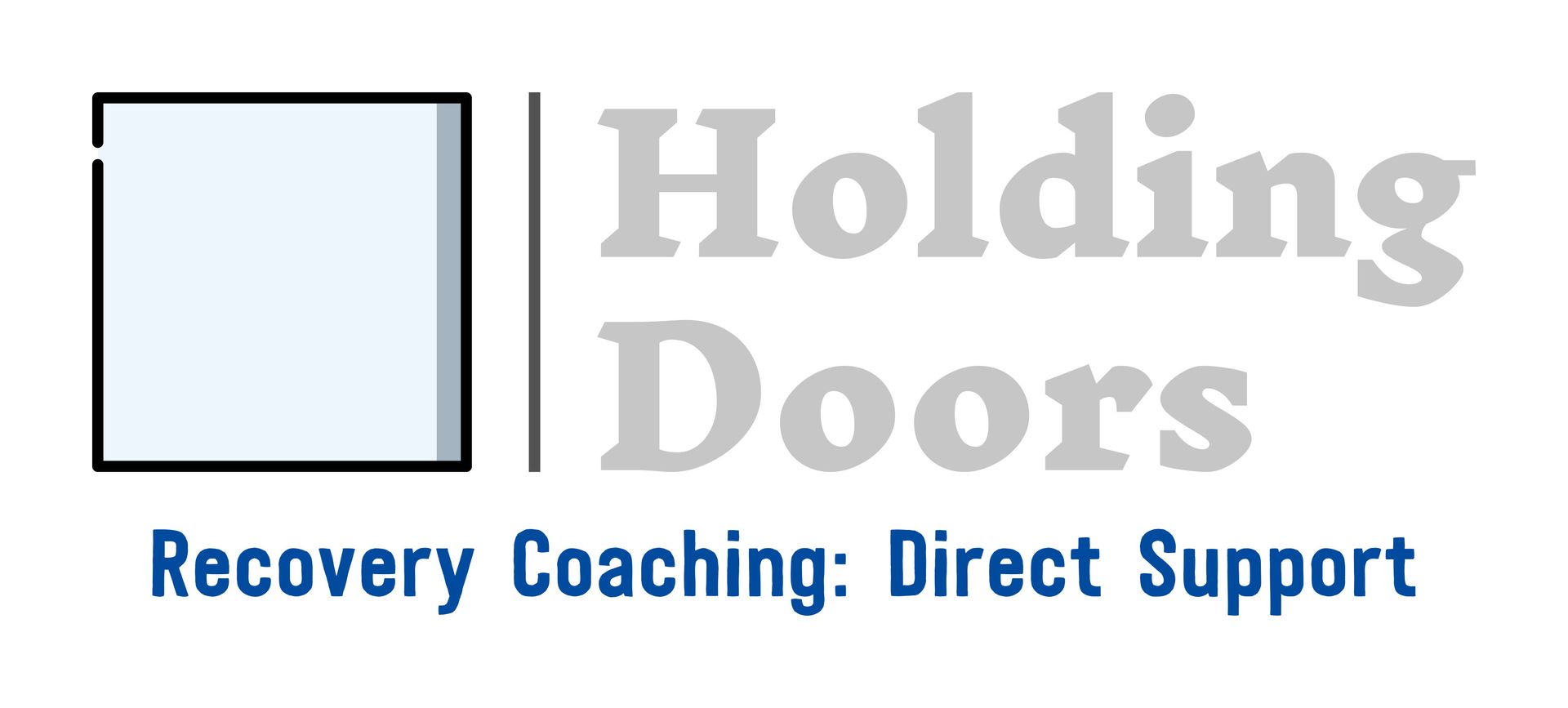Timing is Everything: Maximum Impact with Intervention Conversation
Discover how to recognize the cues for the best moments to talk about recovery
Timing is Everything
When to have "the talk" is a common concern I address with my clients at Holding Doors and go into more detail in my book. If you're feeling unsure about this, you're not alone. Old School Intervention styles have some thoughts and theories but fall short (I will discuss those problems in another post or video)
It can be tricky to bring up important topics like this, and hard to make the course adjustments needed as you have tried it many ways in the past. Some of you might be just like many of my clients... you likely ONLY talk about this as it is the thing hitting you in the face or maybe worse they often lead to arguments. Generally speaking, the timing is often not right because it's based on YOUR schedule, not theirs, and most importantly, not at the most opportune moment. Some suggest having the conversation right after a difficult incident, while others recommend waiting for a calm moment or planning for a specific date, time, and place.
Based on my experience working with thousands of families, the most important thing is not the exact time, place, or who is around. What truly matters is the compassion you bring to the conversation, and the PURPOSFUL AND PLANNED MESSAGE.
Moving Forward Intentionally
The most important aspect is YOU being ready to have this conversation carefully and intentionally. Before engaging in this discussion, prepare yourself internally. Participate in the conversation with an attitude of love and acceptance, without any hidden agendas to pressure your loved one to change
In a conversation, the energy changes as soon as you try to "control" it. The other person will sense the control, and their subconscious addicted brain will put their guard up without them even realizing it. It's important to maintain positive energy in the conversation to foster constructive dialogue and open, honest communication without trying to control the outcome. This is a significant challenge for many of my clients, but once they understand it, they are ready to have the conversation. "The best salesperson is the one that does not need to make the sale" - I think this helps to understand the truth of the process.
Building that calmness helps you to be mentally and emotionally prepared for the interaction and able to handle moments that may test your patience.
Listening for Pain and Emotional Exhaustion Words
Rushing someone with an addiction to follow your schedule can be a significant mistake. Forcing them to think about recovery when they aren't ready won't help them embrace change any quicker.
Instead, listen carefully to your loved one in the moments you are with them, and do not force the conversation on them. They already have a wall up and are ready for those forced conversations. Honestly, they will be surprised and their guard will go down when they are not constantly waiting for “that talk."
They will likely give hints about their readiness when they speak about their lives. If they mention feeling “tired,” “sick,” “depressed,” “sad,” “frustrated,” “anxious,” or any other "feelings" words they are ready for the dialogue. These words indicate emotional exhaustion; they will be more willing to discuss solutions.
Asking the right questions is fundamental to fully understanding your loved one's needs. Engaging in thoughtful inquiries about that pain word or exhaustion statement is super important for tailoring the dialogue presented here. These questions help you understand the pain point and allow your loved one to dive deeper into that emotion and explore it. Emotions play a significant role in decisions - as we all know!
Here are some open-ended questions you can use: (followed after you hear the pain word from them)
- Can you explain what you mean by (pain word)?
- How would you describe your (pain word)?
- Can you share what's causing these feelings?
- Can you tell me how your (pain word) started?
- What triggers these feelings?
From Pain to Intentional Message
Once you have explored the "pain word" and better understand your loved one’s struggle, move the conversation to topics that encourage empowerment, choice, and life's intrinsic worth with this script below. Show your unconditional love, empathy, and readiness to offer ongoing assistance. This creates a supportive environment essential for change to feel possible.
Here is a script to help guide this part of the conversation:
- Life has value!
- I may not fully get what you're going through or why, but I'm here to help you.
- What are your goals in life? Or What do you hope to achieve?
- I love you!
- I deeply care about you and your well-being.
- I only want what's best for you.
- Would you like to share life's moments and experiences with me (us)?
- Are you ready for a change?
And If They’re Not Ready
If the answer to "Are you ready for a change?" is "no," do not continue the conversation about change. Trying to convince your loved one to agree with you, using persuasion or even begging, can backfire.
Respect their autonomy and end the conversation politely. Say, "(LOVED ONE’S NAME), that makes me sad. I want to share life's moments and experiences with you because I love you for who you are." Then, politely finish what or where you are at and be done. This gives them time to reflect on your message.
And Then, Do It Again!
You may wonder how often to bring up change. It is simple... Whenever they use and trust you with their pain words, whether it's three times a day or once a month, explore their pain again with an open-ended question and move to the above script.
While getting them into recovery is essential, it’s equally important to create a supportive and loving relationship. Every time you and your loved one become closer, celebrate this victory. A “no” might be disappointing, but a “no” from a conversation where you have become closer is a clear victory because an equally important goal has been met.
Let me dispel one myth: This process does not take longer than any other method and is faster in most scenarios when done correctly.
The timing and approach of your intervention conversation must be understood. By being prepared, listening for emotional exhaustion, and moving the conversation from pain to hope, you create a supportive environment that encourages your loved one to consider change.
Remember, recovery is a journey, and every step you take together brings you closer to the ultimate goal of lasting change and a stronger, more supportive relationship. I am available for questions or even a scheduled conversation, anytime.
A very special thanks to you for all you do!!!! - The Liver Brand (Use Code HoldingDoors for a discount)
*This is a recovery/health coaching education service only. It is not, and is not intended to be, medical treatment or recommendations for medical treatment. Actual medical treatment must come from your physician. Telephone or video consultations do not replace the need for seeing a doctor in person. Holding Doors recovery educators and coaches cannot diagnose or prescribe medications, treatment, or testing procedures. Holding Doors recovery educators and coaches can provide general information that may need to be reviewed and approved by that person’s own physician. Consultations are not considered to be medical advice or diagnosis. Payments are refundable; if you reschedule with 24 hours' notice, your payment will be transferred in full to your new appointment. The cost of Holding Doors recovery education and coaching services is not covered by health insurance or Medicare.











